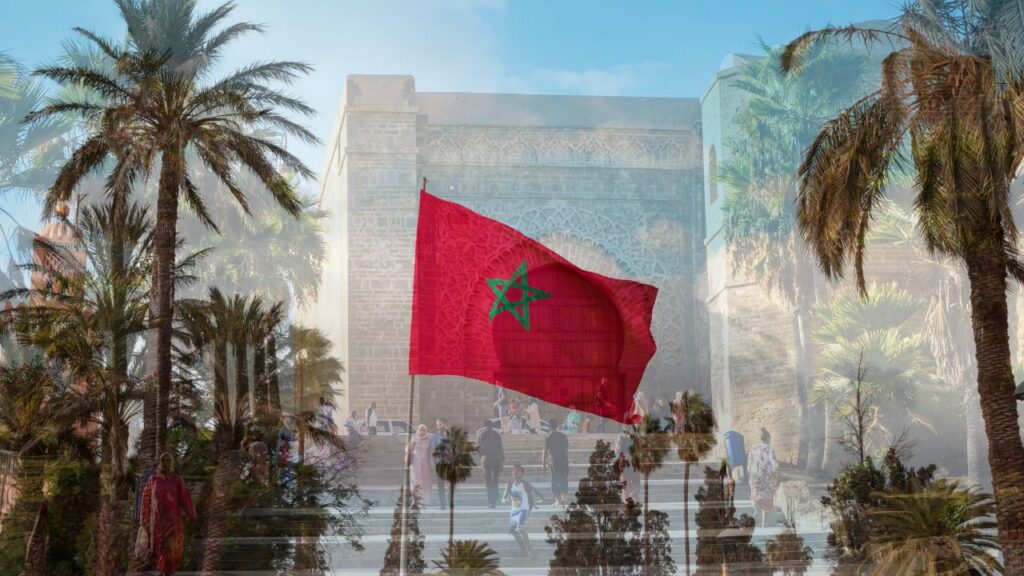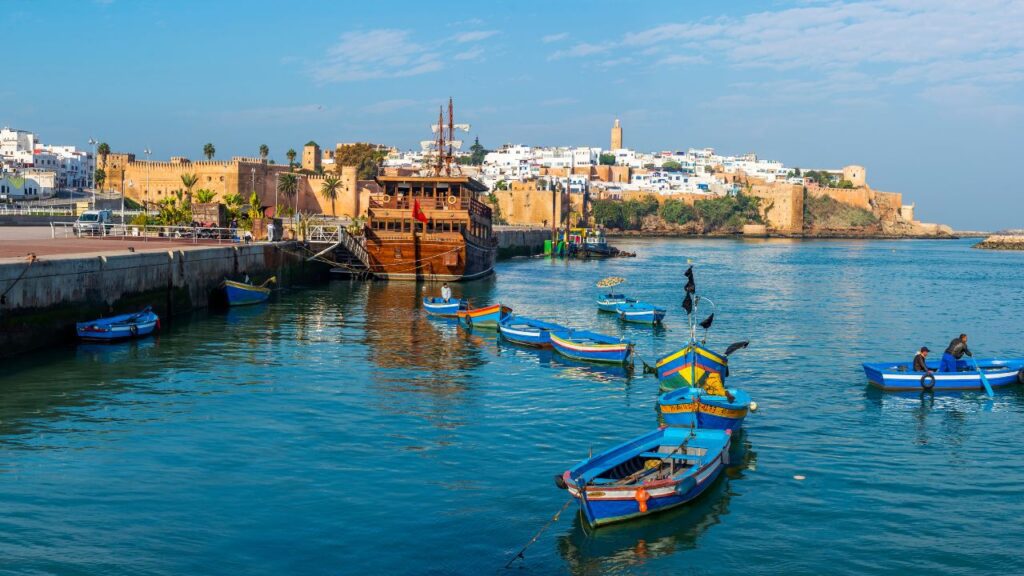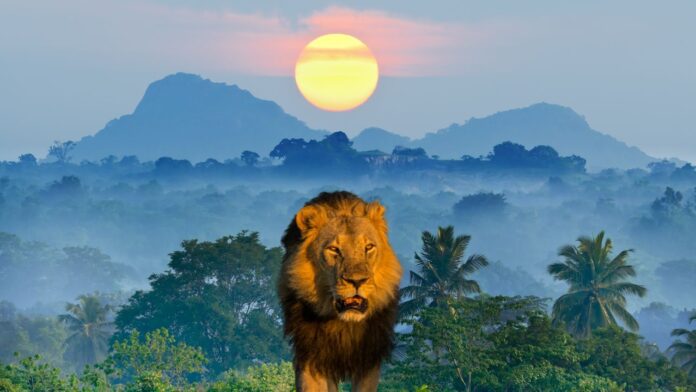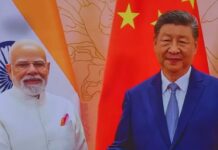Morocco has secured a notable milestone by ranking 100th out of 188 countries in the 2025 World Citizenship Report, an influential global index that evaluates the value of citizenship based on a wide range of lifestyle and mobility factors. With an overall score of 50.5 out of 100, Morocco not only improved its global standing but also emerged as the highest-ranking country in North Africa, outperforming its regional neighbors in key indicators of safety, economy, and quality of life.
This ranking reflects Morocco’s ongoing efforts to modernize its economy, attract foreign investment, and strengthen global partnerships — all of which contribute to the country’s growing appeal to global citizens considering relocation, investment migration, or dual citizenship.
What Is the World Citizenship Report?
The World Citizenship Report (WCR) is an annual publication by Henley & Partners, a global leader in residence and citizenship advisory services. The report aims to guide high-net-worth individuals (HNWIs), investors, expatriates, and globally mobile families in making informed decisions about where to live, invest, or obtain citizenship.
Unlike traditional passport rankings that focus solely on visa-free travel, the WCR takes a holistic approach by evaluating each country across five core pillars that represent the top motivators for citizenship: Safety and Security, Global Mobility, Economic Opportunity, Quality of Life, and Financial Freedom.
These indicators help rank countries based not just on how many borders their passport can cross, but also on how effectively they support prosperity, well-being, and personal freedom.
Morocco’s Regional and Global Ranking in 2025

In the 2025 World Citizenship Index, Morocco is ranked:
- 100th globally out of 188 countries
- 1st in North Africa, ahead of:
- Tunisia (103rd)
- Algeria (105th)
- Egypt (106th)
- Mauritania (113th)
- Libya (125th)
- Tunisia (103rd)
- 7th in the Middle East and North Africa (MENA) region, behind:
- Qatar (45th)
- Oman (63rd)
- Kuwait (66th)
- Bahrain (70th)
- Saudi Arabia (73rd)
- Jordan (rank not mentioned, but ranked higher)
- Qatar (45th)
This regional leadership reinforces Morocco’s progress in economic development, regulatory reform, and social modernization under its long-term strategic plans, including the New Development Model and Vision 2035.
Breakdown of Morocco’s Performance by Category
The report provides scores in each of the five key motivators. Here’s a deeper look at Morocco’s performance across these dimensions:
1. Economic Opportunity – Score: 56.1
This was Morocco’s strongest category, reflecting its steady economic reforms, infrastructure development, and growing sectors like renewable energy, automotive manufacturing, and tourism. Foreign direct investment (FDI) continues to rise, particularly from Europe, the Gulf, and China.
The government’s focus on business-friendly policies and digital transformation is also boosting the entrepreneurial ecosystem and creating jobs in emerging sectors.
2. Quality of Life – Score: 62.2 (Ranked 95th)
Morocco ranked relatively well in terms of education, healthcare access, environmental quality, and cultural heritage. The government has invested heavily in modernizing public services, urban infrastructure, and digital health platforms, which helped improve the well-being of citizens and expatriates alike.
While rural disparities still exist, progress in urban hubs like Casablanca, Rabat, and Tangier is significant.
3. Safety and Security – Score: 52.7 (Ranked 102nd)
Morocco’s political stability and effective counter-terrorism efforts have earned it recognition as one of the most secure countries in the region. The country has also taken steps to strengthen rule of law, civil institutions, and business transparency. However, challenges such as corruption perception and occasional social unrest have kept this score moderate.
4. Global Mobility – Score: 29.9 (Ranked 90th)
This is one of Morocco’s weaker areas, reflecting the limited visa-free or visa-on-arrival access for Moroccan passport holders. The country’s citizens can travel without a visa to around 70–75 destinations, mostly in Africa and parts of Asia. Efforts are underway to negotiate bilateral visa waivers, especially with EU countries and the Gulf.
In comparison, top-ranked countries in this category — such as Germany and Singapore — offer access to over 180 countries.
5. Financial Freedom – Score: 46.9 (Ranked 89th)
Morocco has made gradual improvements in its financial regulatory environment. The country has expanded capital markets, increased banking penetration, and adopted pro-investment tax policies. However, limitations remain in areas like foreign currency exchange, bureaucratic red tape, and business registration hurdles.
That said, the country is working toward enhancing investor confidence, particularly through its Casablanca Finance City initiative and its growing role as a financial hub for Africa.
The Global Top 5 in the 2025 World Citizenship Index
Morocco may be mid-ranked globally, but its regional progress is notable. Meanwhile, the top-performing countries globally in the 2025 World Citizenship Index are:
|
Rank |
Country |
Known For |
|
1st |
Switzerland |
Political neutrality, high quality of life, strong financial freedom |
|
2nd |
Denmark |
Welfare state, civil liberties, innovation, and work-life balance |
|
3rd |
Australia |
Mobility, safety, and economic opportunity |
|
4th |
Norway |
Strong environmental and healthcare systems |
|
5th |
Germany |
Global mobility, education, and economic power |
These countries excel across all five pillars, offering the most comprehensive citizenship value for global citizens and investors.
What This Means for Morocco’s Global Image

Morocco’s ranking reflects steady national progress, especially in economic opportunity and quality of life. It reinforces the Kingdom’s role as a regional leader and gateway to Africa, particularly for trade, logistics, and renewable energy initiatives.
Recent partnerships with the European Union, World Bank, and African Union are expected to boost investment inflows, support green development goals, and improve digital infrastructure — all of which could enhance Morocco’s scores in future editions of the index.
Furthermore, Morocco’s hosting of international forums like IMF-World Bank 2023 and its bid to co-host the 2030 FIFA World Cup with Spain and Portugal have strengthened its global visibility.
While Morocco still faces challenges in mobility and regulatory efficiency, its strong showing in economic indicators and consistent regional leadership position it as a rising player in the global citizenship landscape.
For those considering second citizenship, international business expansion, or retirement abroad, Morocco is increasingly seen as a strategic and stable choice within Africa and the wider MENA region.



















![10 Countries With the Best Healthcare in the World [Statistical Analysis] Countries With the Best Healthcare in the World](https://articleify.com/wp-content/uploads/2025/07/Countries-With-the-Best-Healthcare-in-the-World-1-150x150.jpg)









